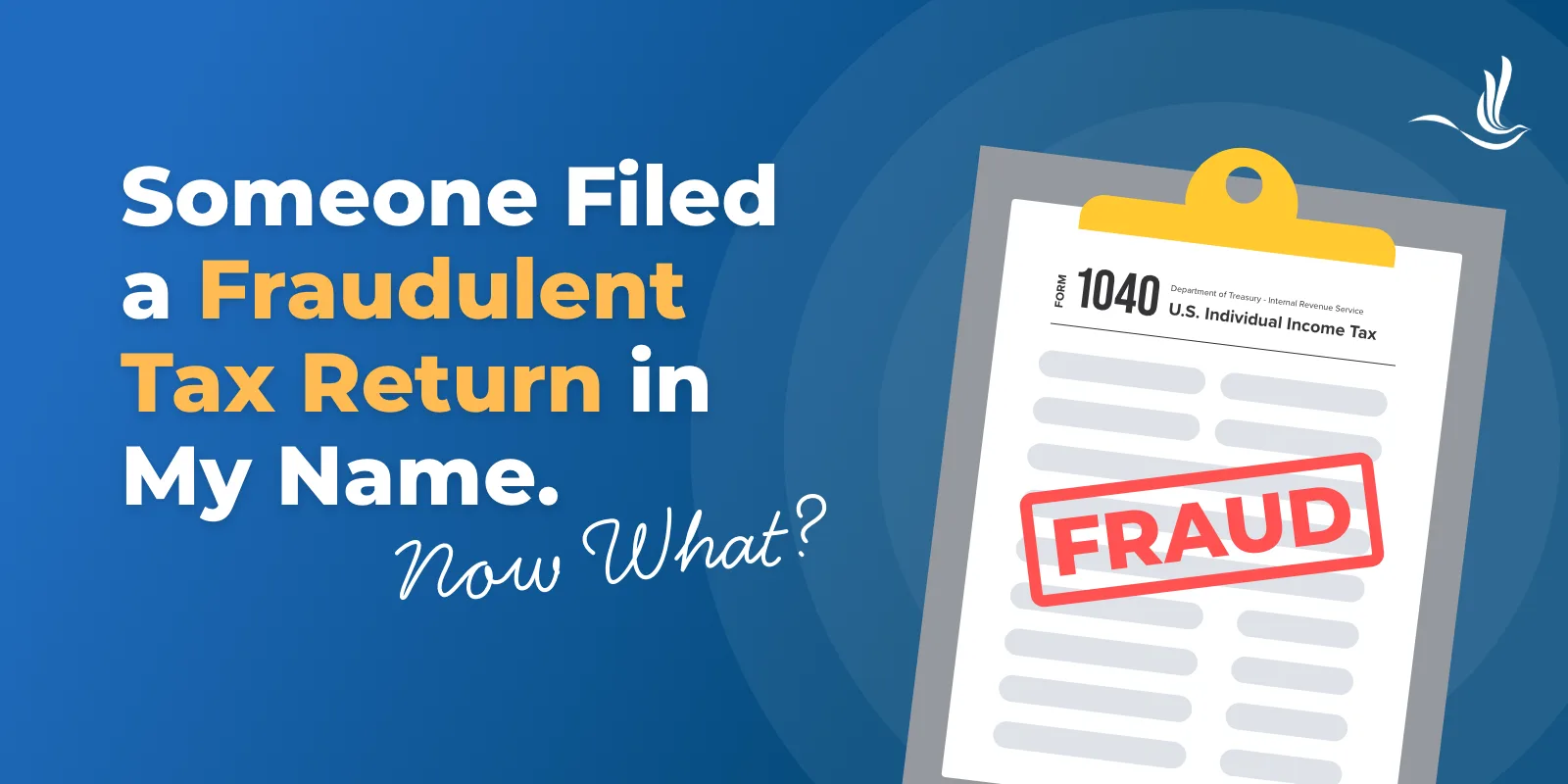You think the IRS owes you a refund. You file a refund claim. The IRS eventually processes your refund, but does not issue checks to refund the money to you.
You later find out that the IRS had referred the matter to the Department of Justice–maybe you find out years later even. Can the simple internal governmental act of referring the matter to the Department of Justice preclude the IRS from issuing a refund? What if the IRS agrees that the refund is due and payable, but the Department of Justice does not? Is the IRS stripped of power to simply process the tax refund as filed in that case?
The case of JPM Restaurant, LLC v. United States, No. 1:24-cv-00357 (E.D. Tenn. 2025) gets into this exact issue. It considers whether the IRS loses its authority to process tax refund claims if the matter has been referred to the Department of Justice.
Facts & Procedural History
The taxpayer operated a restaurant. This case involves the COVID-19 pandemic that shut down most restaurants across the United States.
Like many businesses in the food service industry, the restaurant experienced substantial operational impacts from government-mandated restrictions, including capacity limitations, social distancing requirements, and increased processing times for employees.
Based on these pandemic-related disruptions, the business believed it qualified for the Employee Retention Credit (“ERC”) for six calendar quarters spanning from Q2 2020 through Q3 2021. On May 19, 2023, the restaurant filed an ERC refund claim with the IRS totaling $338,132.56 for all six quarters.
After waiting six months without receiving a refund, the taxpayer filed a suit against the United States on November 11, 2024. The IRS initially handled the case internally, but on January 7, 2025, the IRS Office of Chief Counsel referred the matter to the Department of Justice for defense. The DOJ filed its response to the complaint on January 14, 2025.
More than a month after the case had been referred to the DOJ, the IRS reviewed and approved the taxpayer’s ERC requests. On February 18, 2025, the IRS approved claims for the third and fourth quarters of 2020 and the first, second, and third quarters of 2021. Despite this approval, the IRS never issued any refunds to the taxpayer. The IRS later claimed that the approvals had been made “erroneously.” According to the government’s declaration, the IRS erroneously approved claims for four of the six quarters at issue as the IRS did not have the requisite authority to do so.
The taxpayer filed a motion for partial summary judgment arguing that the IRS’s approval created “an unequivocal obligation” to issue payment for the approved quarters.
When Does IRS Authority Transfer to the Department of Justice?
The central legal issue in this case concerned the division of authority between the IRS and the Department of Justice in tax matters. More specifically, it concerned the division of settlement authority and timing.
The law for this issue starts with Section 7122 of the tax code. This is the general provision that allows the IRS to settle back taxes. Section 7122(a) provides that “the Secretary [of the Treasury] may compromise any civil or criminal case arising under the internal revenue laws prior to reference to the Department of Justice for prosecution or defense.” The key phrase here is “prior to reference.” What does “reference” mean?
The court did not note the odd language or its impact on the timing. Something may be referenced at one point and maybe referred later or not at all. The language used does not make it all that clear.
Section 7122(b) is commonly understood to mean that after a case is “referred” to the Department of Justice for prosecution or defense, “only the Attorney General or his delegate may compromise such case.” With this definition, this creates a clear demarcation of settlement power: before DOJ referral, the IRS has settlement authority; after referral, only the Attorney General or designated DOJ officials can settle.
This common understanding is supported by prior court cases. The court in this case cited International Paper Co. v. United States, 36 Fed. Cl. 313 (1996). In that case, the Court of Federal Claims held that “it is beyond the scope of the IRS’s authority to settle unilaterally a factual issue in a case pending in this court, after the case has been referred to the Department of Justice.” The court emphasized that such actions exceed the IRS’s statutory authority once DOJ assumes responsibility for the case.
The United States v. Hurley case, No. 3:18-CV-485, 2020 WL 4677428 (E.D. Tenn. June 8, 2020) was also cited by the court in this case. It says that once a case is referred to the DOJ, “only the Attorney General or a person to whom authority has been delegated by the Attorney General may settle the matter.” Any IRS attempt to settle or compromise after referral exceeds its authority.
The IRS’s own Internal Revenue Manual acknowledges this division of authority. According to the court’s citation of the Manual in this case, after referring a case to the DOJ, “Justice has the exclusive authority to make and approve adjustments to the referred tax liabilities.” Thus, this internal guidance reinforces the statutory framework–given the courts analysis.
What Actions Constitute a “Compromise”?
The court’s analysis in this case passes over a fundamental question: does processing a routine tax refund claim actually constitute a “compromise” under Section 7122? The distinction matters because Section 7122 specifically restricts the IRS’s ability to “compromise” cases after DOJ referral—not its ability to perform administrative functions.
Processing a legitimate refund claim is a ministerial act. It would not seem to be a compromise. When taxpayers file refund claims, they are asserting legal entitlements based on their reading of tax law and their factual circumstances. If the IRS reviews those claims and determines they’re valid under existing law, approving the refund would seem to represent an administrative determination and not a settlement or compromise of disputed liability.
This is more in line with the common meaning of the term “compromise.” The term “compromise” typically implies give-and-take, negotiation, or acceptance of less than what’s claimed. When the IRS approves a refund claim in full, it’s simply acknowledging that the taxpayer correctly applied the law to their situation. This administrative function seems like it would remain within IRS authority even after DOJ referral, just as the agency continues processing other routine matters after a DOJ referral.
When Government Agencies Exceed Their Authority
The IRS’s approval of the restaurant’s refund claim after DOJ referral raises a fundamental question: what happens when a government agency acts beyond its statutory limits?
Government agencies possess only the authority Congress grants them through statute. When agencies step outside those boundaries, their actions lack legal foundation regardless of how official they appear. This ultra vires doctrine applies across all areas of administrative law, but it carries particular weight in tax matters where substantial sums and complex procedures are involved. So unfortunately, the government gets an “out” for statements it makes. This is even true for statements in writing, if they exceed the government agency’s authority.
The timing and lack of visibility makes this especially unforgiving. Before DOJ referral, which might not even be disclosed to or known by the taxpayer, the IRS retains broad authority to approve refund claims, negotiate settlements, and make binding administrative determinations. Once that often secret referral occurs, however, the statutory framework strictly limits IRS authority. Any subsequent approvals or compromises become legally meaningless, even if they follow standard IRS procedures and appear completely legitimate and even if the DOJ is nowhere in sight from the taxpayer’s vantage point.
The Takeaway
This case can have a significant impact on tax refunds. The ruling clarifies that the division of authority between the IRS and DOJ is not merely procedural but has substantive legal consequences. Taxpayers cannot rely on post-referral IRS approvals to establish their legal rights. Even when such approvals appear official and definitive, they may be void for lack of authority. This principle applies not just to ERC claims but to any tax refund dispute that happens to be referred to the DOJ. But with many things tax, timing matters. An arbitrary date of a “referral” can impact the outcome and fundamentally change the dynamics of the dispute. Taxpayers considering refund litigation have to consider these issues if the IRS approves a refund claim after the case is referred to the DOJ.
Watch Our Free On-Demand Webinar
In 40 minutes, we’ll teach you how to survive an IRS audit.
We’ll explain how the IRS conducts audits and how to manage and close the audit.





.jpg)






















